Capacity building being one of the major pillars of the GMES & Africa support programme has led the CSSTE consortium to identify strategic training needs of its collaborating stakeholders on the MIFMASS project with the aim to train and empower them to sustain the product and services outcomes after the lifetime of the programme.
Towards an effective flood monitoring and management, the CSSTE Consortium, made of seven (7) Partners from five (5) West African countries, namely: Ghana (University of Ghana; CSIR-WRI), Nigeria (CSSTE), Benin (INE), Cote D’Ivoire (CURAT) and Burkina Faso (ISESTEL; VBA), organized a 3-day intensive training on Flood Database Management as the first in the line of trainings outlined under the MIFMASS project to enhance the capacity of Stakeholder organizations and Partners within the consortium.
The training took place from 26th to 28th November, 2019, at the University of Abomey-Calavi, Cotonou, Republic of Benin. It focused on building capacity in the installation/configuration, use and management of the regional database system being developed by the CSSTE Consortium.
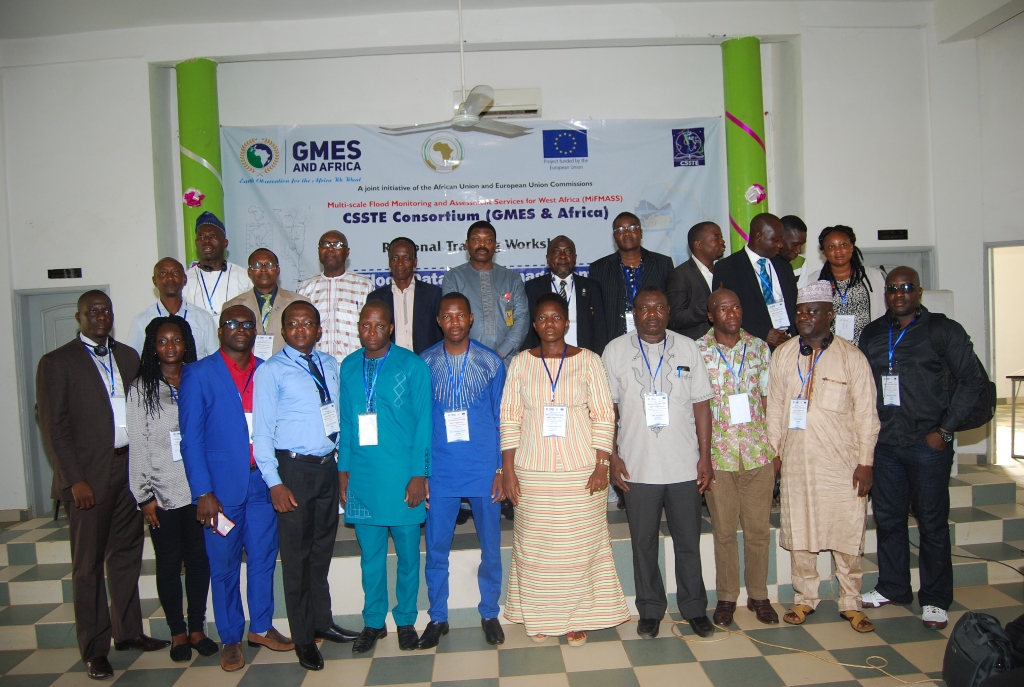





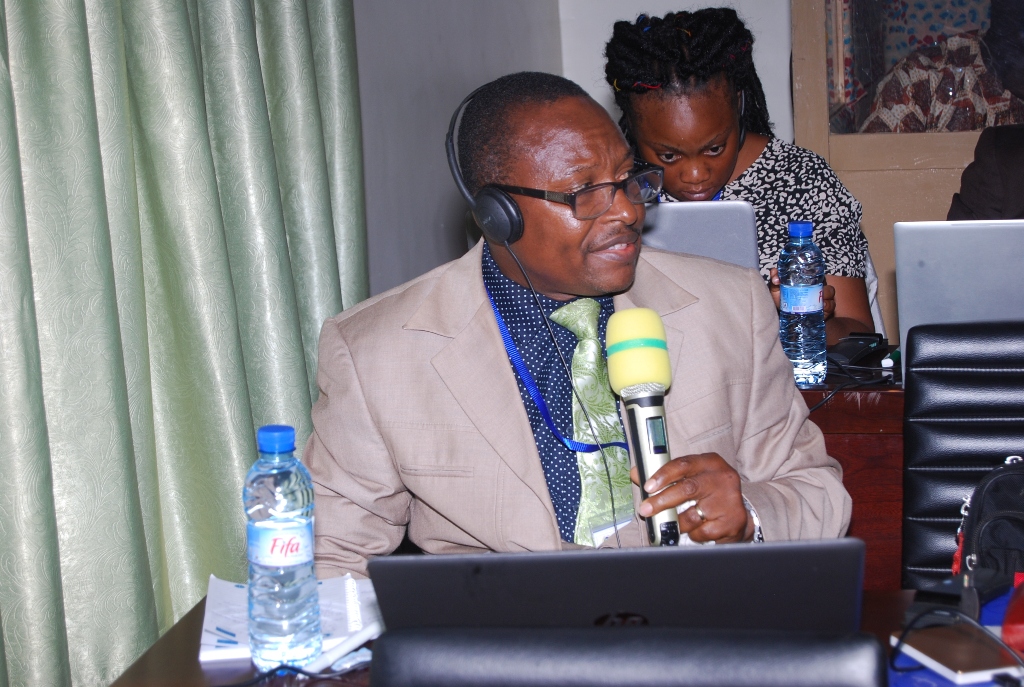


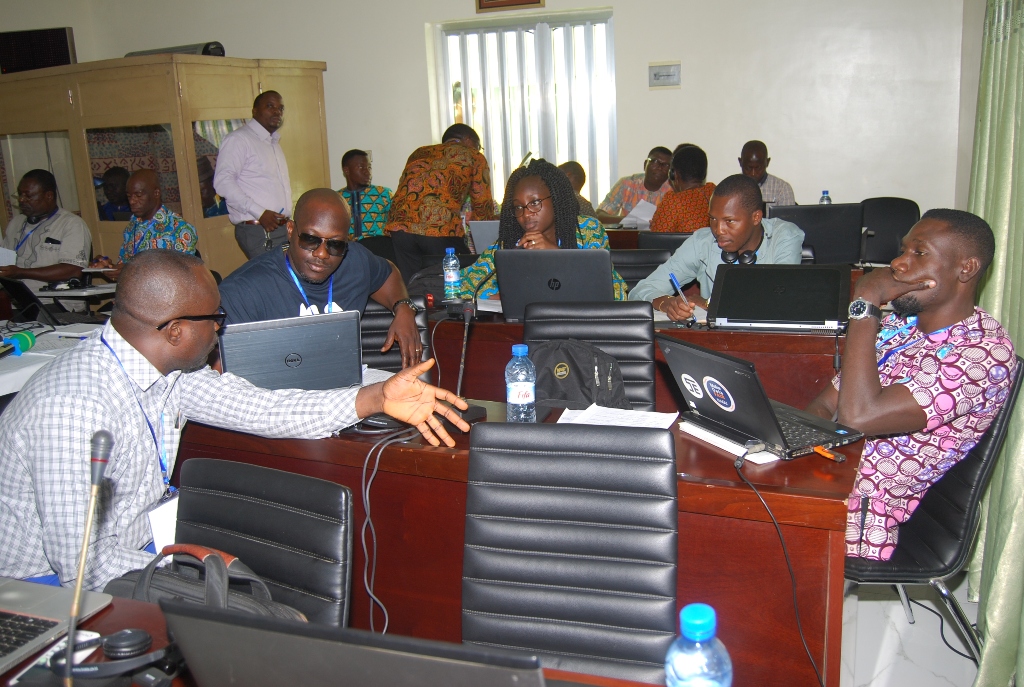
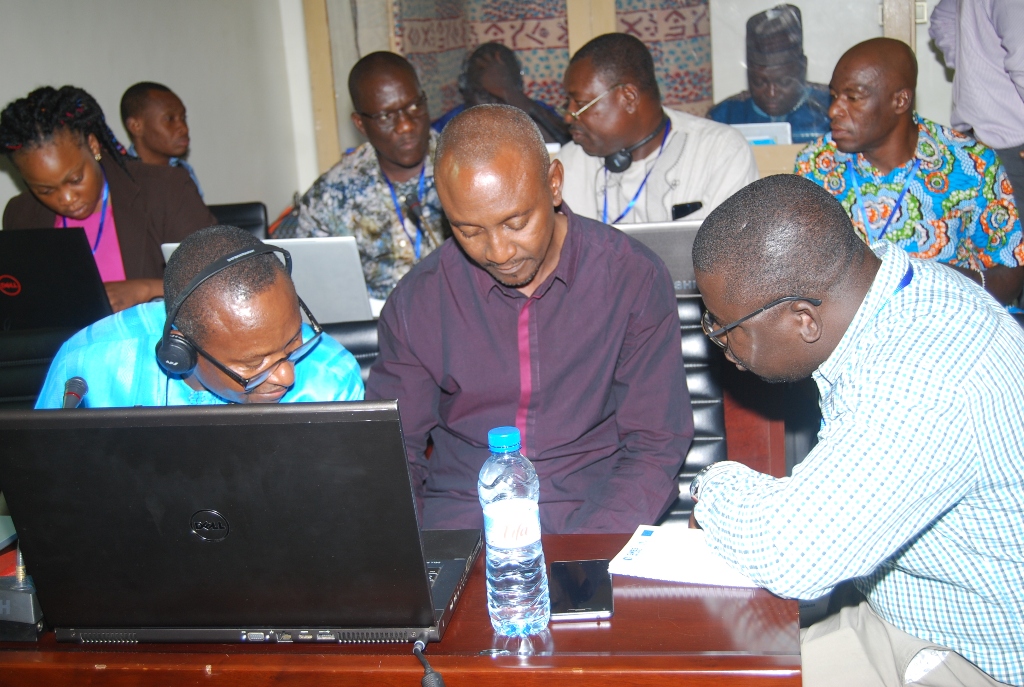
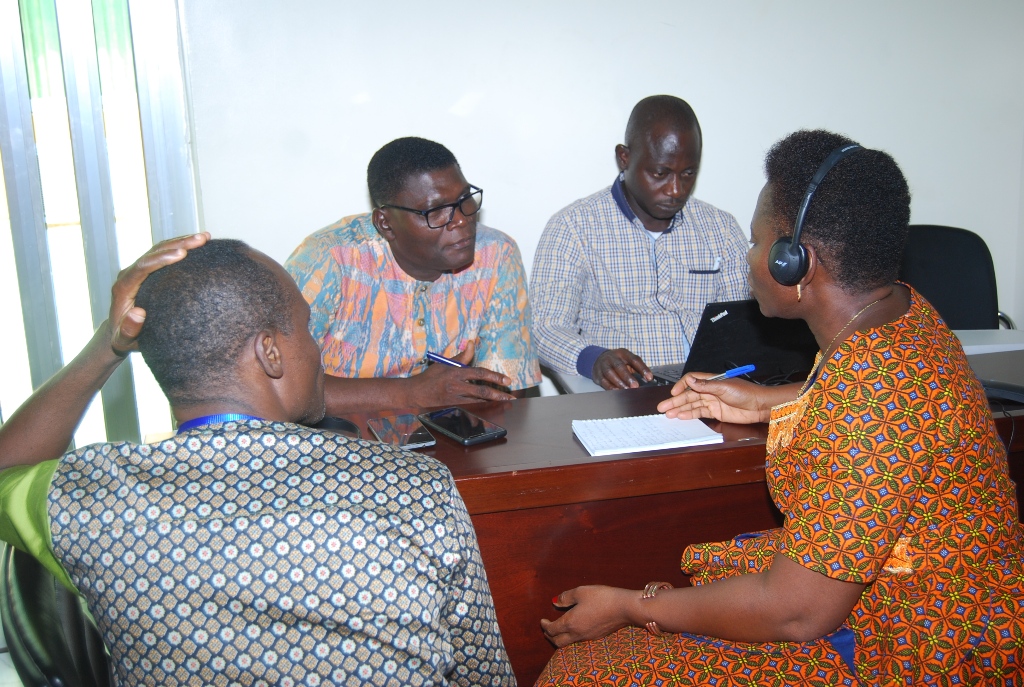
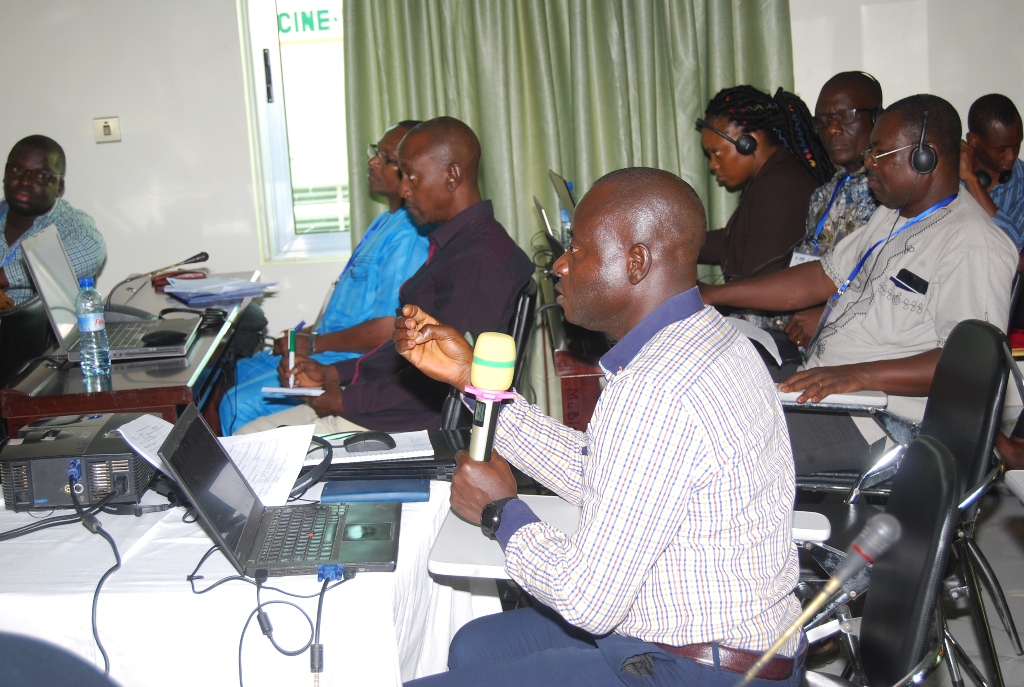
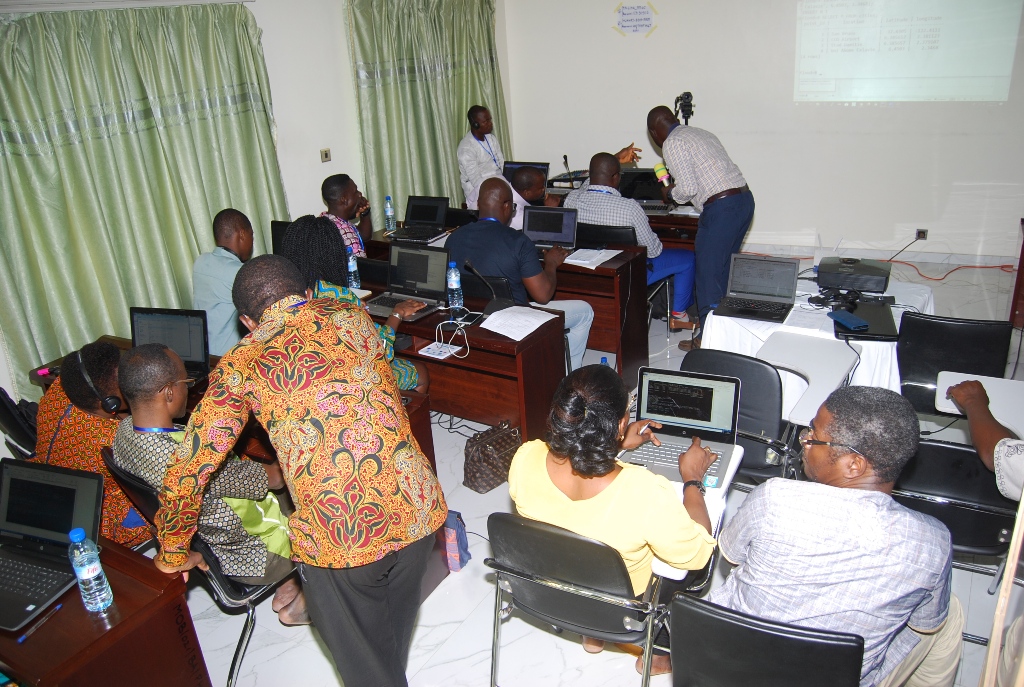
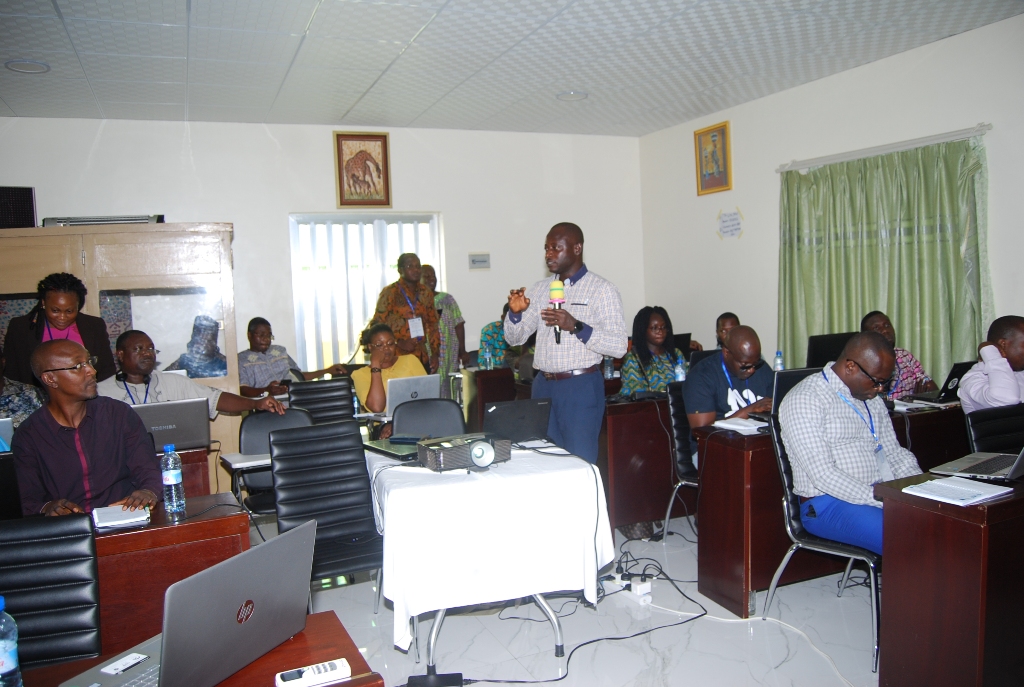

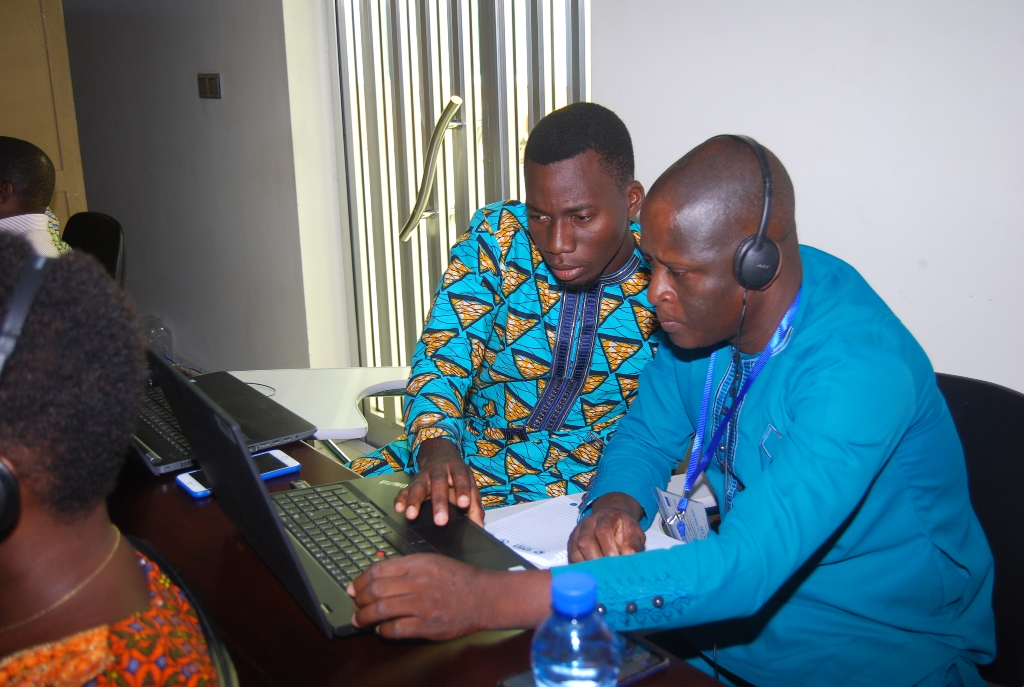
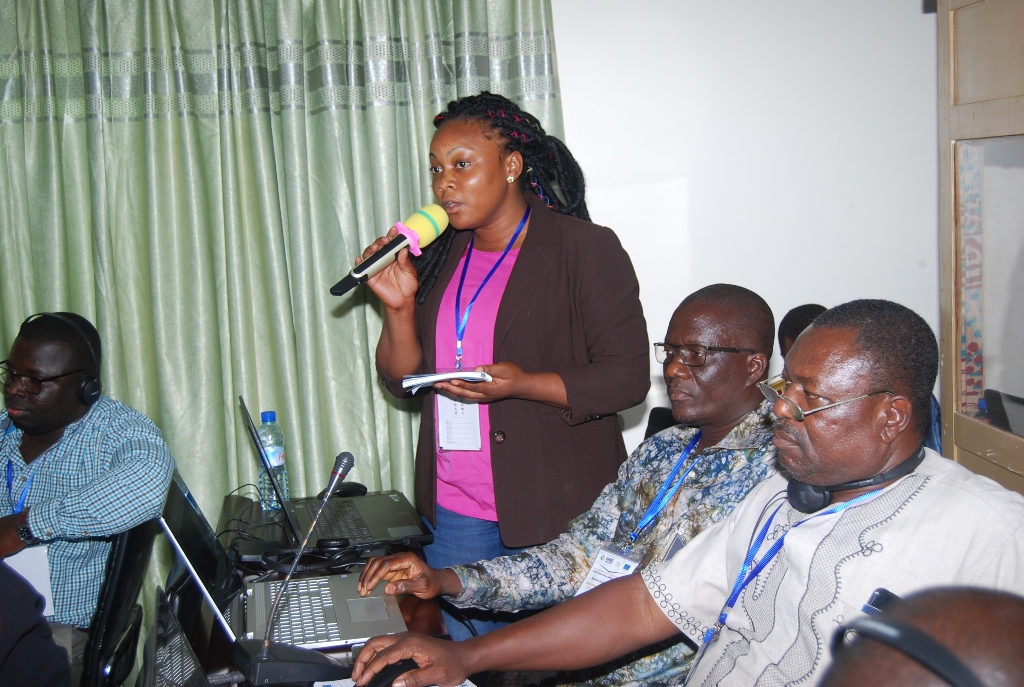
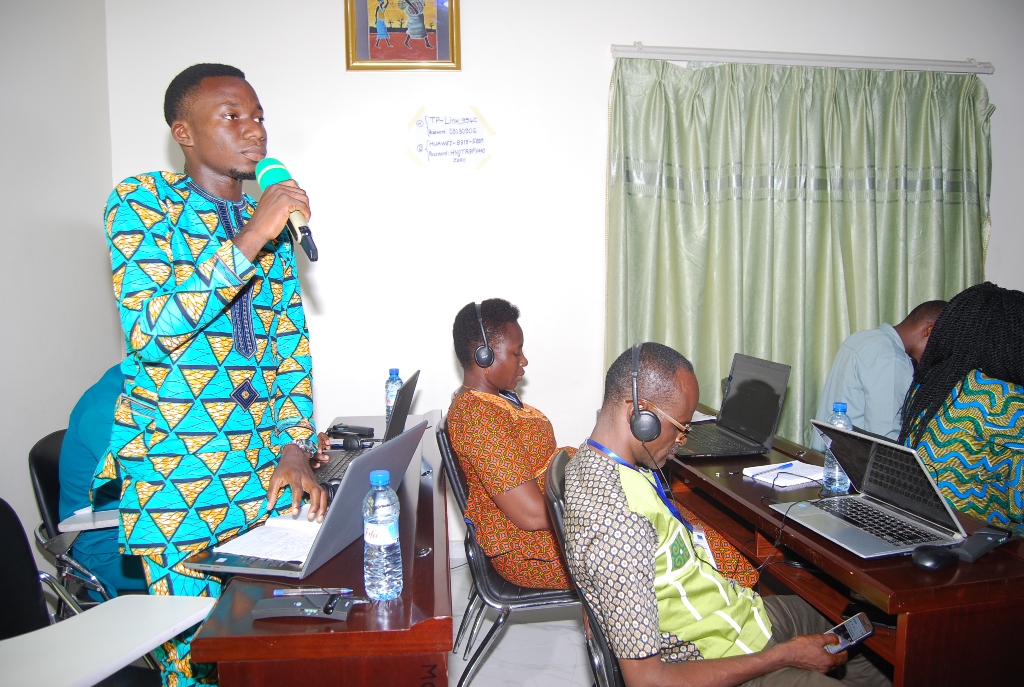
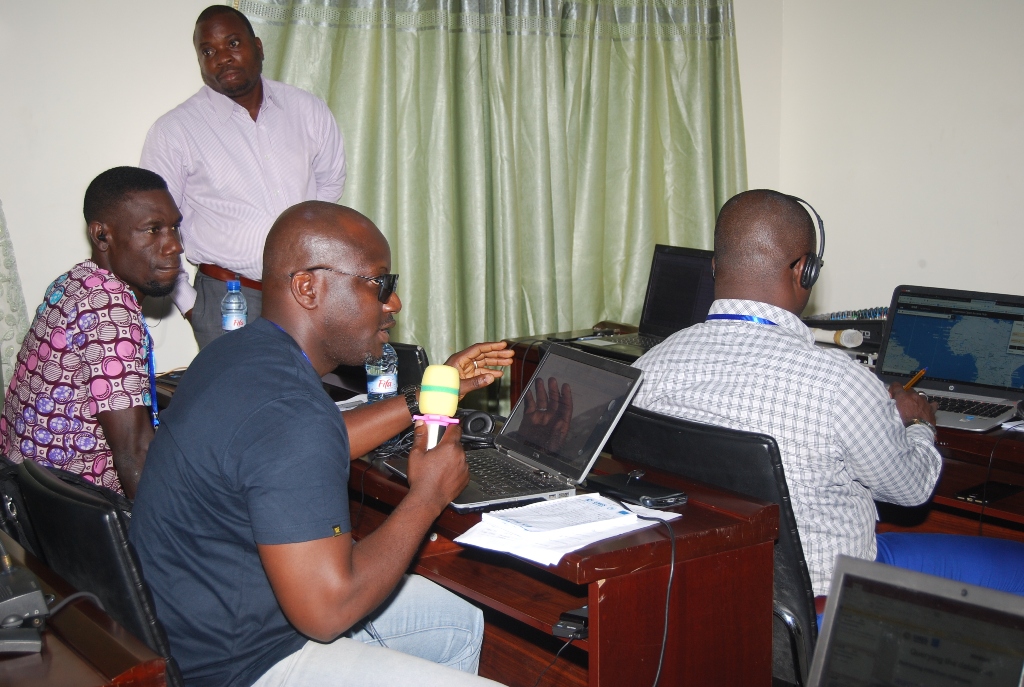
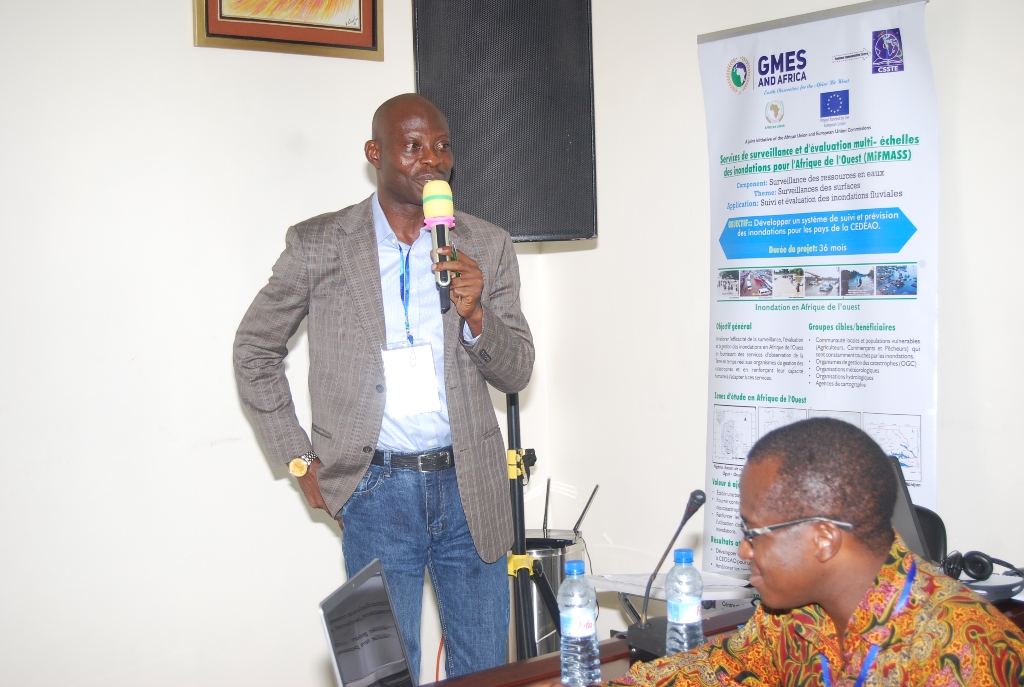
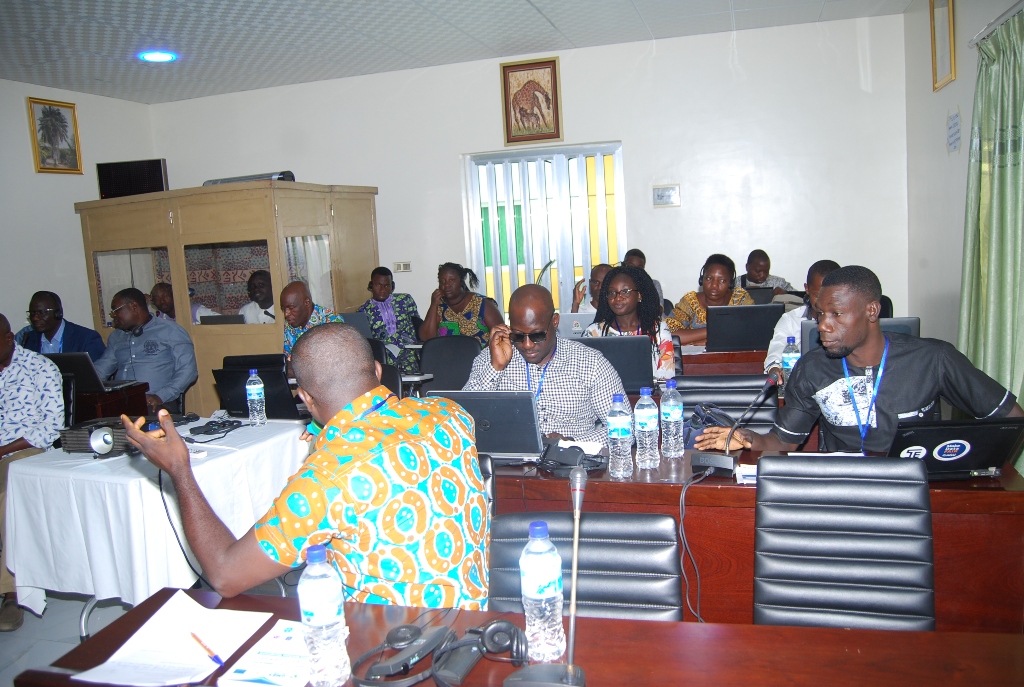

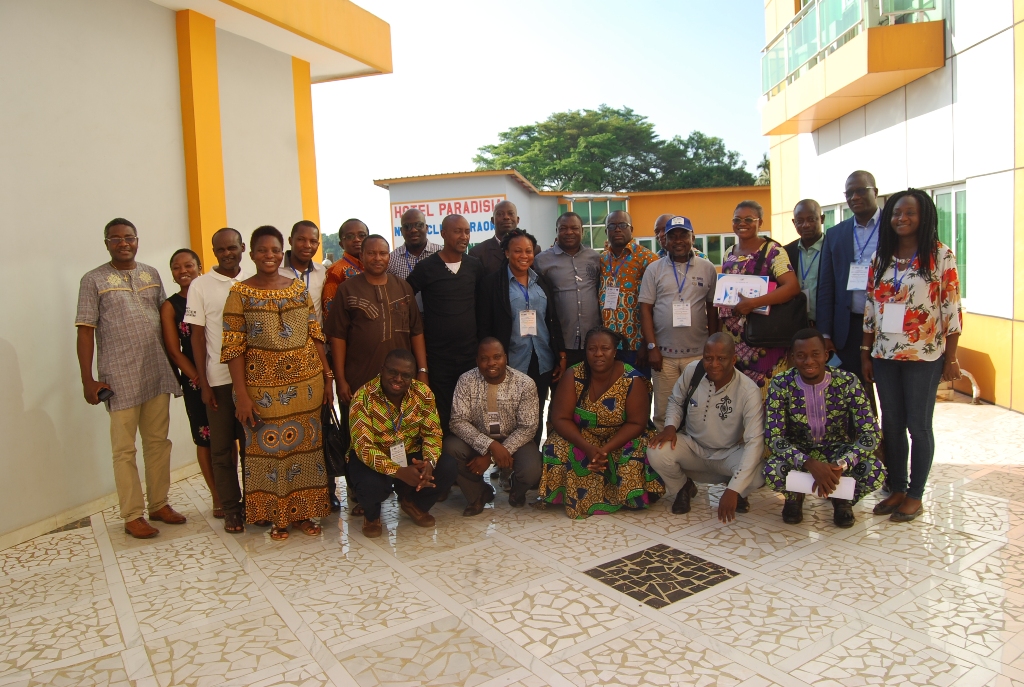
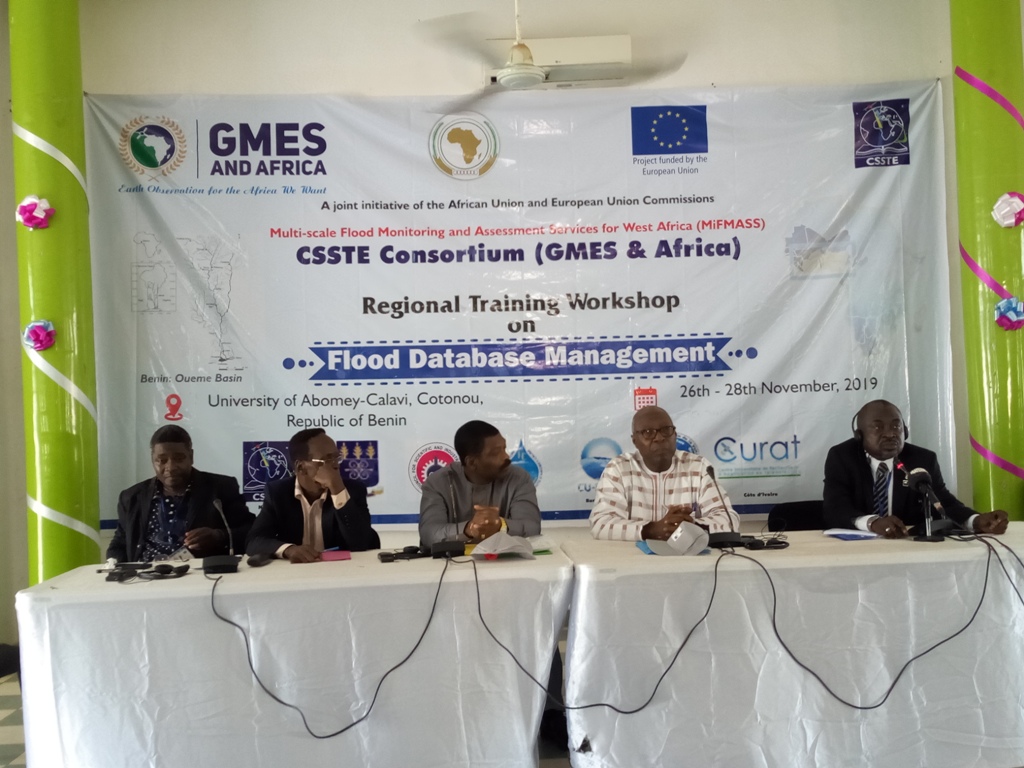
The Flood Event Database is designed as a relational database management system (RDBMS) to host flood event records. This included past events that have been recovered from different DMOs and current events captured during the life span of the project.
The training covered topics on: (i) introduction to flood risks and management; (ii) database management systems (DBMS) with special focus on the consortium database system; data modeling; (iv) data sourcing, capturing and cleaning; (v) data quality control; (vi) data rescue; (vii) data sharing/exchange; (viii) database installation/configuration and troubleshooting; (ix) maintenance and system management.” (x) data processing and web visualization and, (xi) cloud computing for data utilization; Cloud based data processing and integration.
During the training, participants were exposed to the data to be hosted by the database which included: attribute data, textual data, location data and multimedia data; software, mainly open source systems, and frameworks, including PostgreSQL database with POSTGIS extension; Laravel, a PhP framework that supports scalable system development, and Open Data Kit for Geo-referenced data collection were used for the development of the MiFMASS flood event database.
The training was able to demonstrate the potentials of the MiFMASS project in Flood Database Management, create awareness about the Regional database system that is being developed by the CSSTE Consortium, develop the capacity of participants in Flood Database Management system, and stimulate interaction between Stakeholders and Consortium Partners on the MIFMASS project.

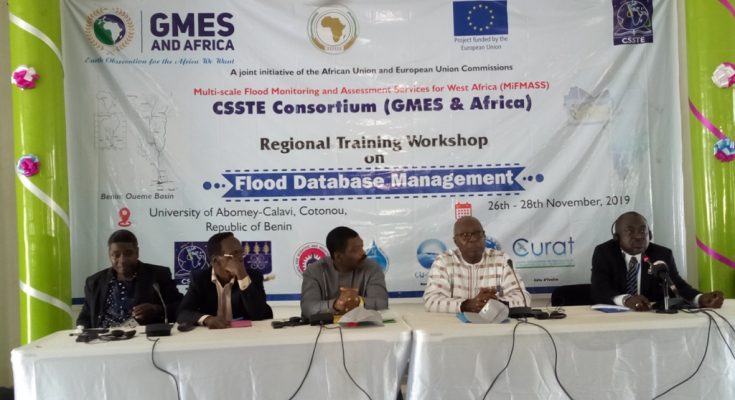

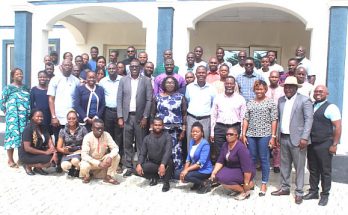
Hey! It is like you understand my mind! You seem to know a lot about this, just like you wrote the book in it or something. I think that you can do with some images to drive the content home a bit, besides that, this is informative blog. A wonderful read. I will definitely return again. Jessi Kermie Doggett
Pretty! This was a really wonderful post. Many thanks for supplying these details. Harmonie Jonas Spanos